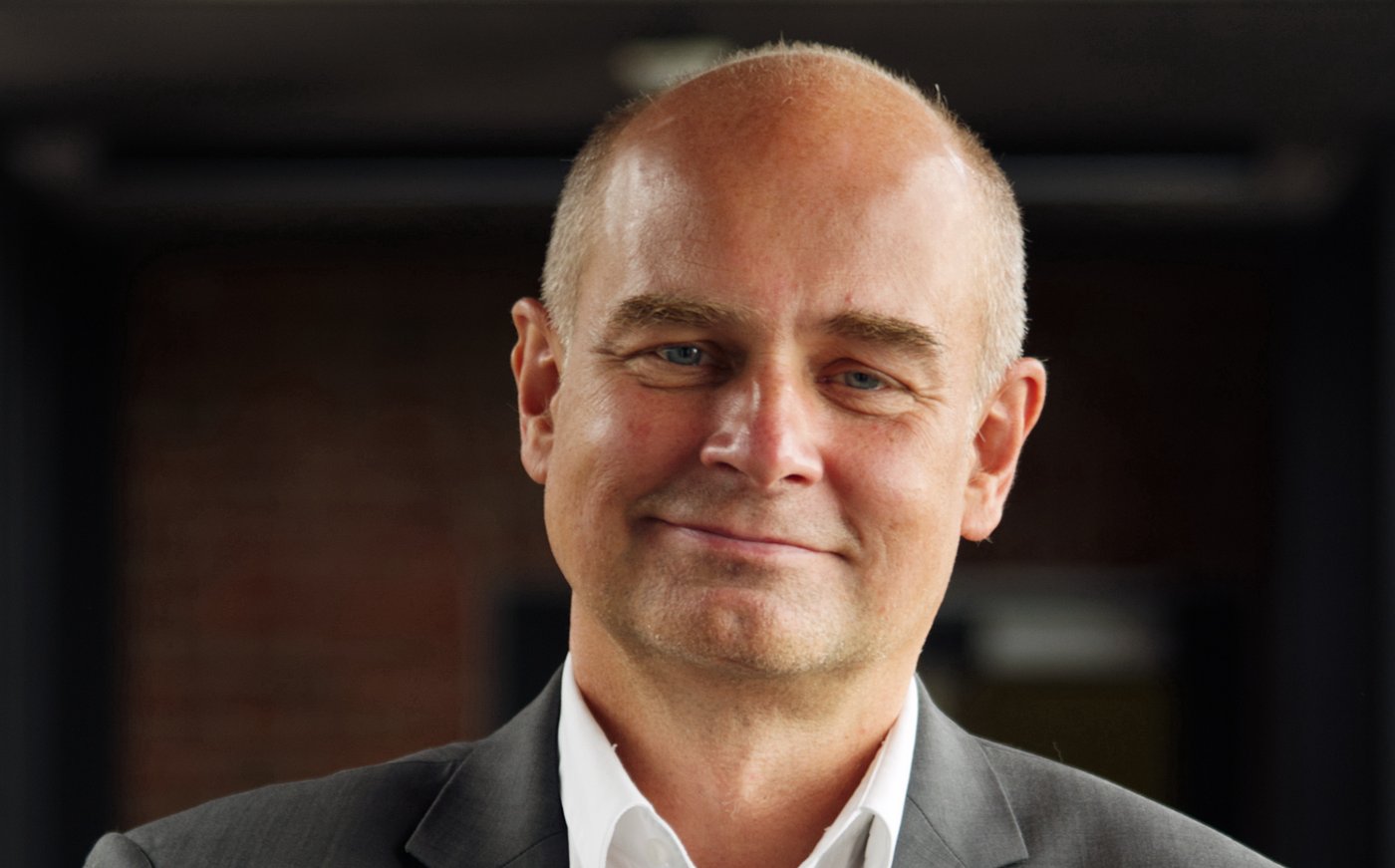New pioneering Leibniz Lab to combat future pandemics
The Leibniz Lab “Pandemic Preparedness: One Health, One Future” connects excellent inter- and transdisciplinary research in preparation for the next pandemic.
The new Leibniz Lab "Pandemic Preparedness: One Health, One Future" links excellent inter- and transdisciplinary research from 41 Leibniz institutes. For the first time in Germany, pathogen-oriented sciences (virology, bacteriology, mycology and immunology) and other life sciences such as ecology are collaborating with health technologies, health economics and educational research. This new instrument of the Leibniz Association will be funded for three years with three million euro.

The aim of the Leibniz Lab is to pool research in these areas in order to prepare, to prevent and to respond better to future pandemics and to make the knowledge gained available to policymakers in the form of evidence-based recommendations for action. The Bernhard Nocht Institute for Tropical Medicine, a Leibniz Institute for interdisciplinary research into global infections, is Part of the consortium.
"In the Leibniz Lab, we will bring together the unique expertise of the Leibniz institutes in Germany in respiratory pathogen research (viruses, bacteria and fungi) and their impact on the acute course of the disease as well as their possible long- term consequences. Linking knowledge in these inter- and transdisciplinary research fields was long overdue, considering that most pandemics in the past were caused by respiratory pathogens, especially influenza viruses," says Prof. Dr Gülşah Gabriel, Head of the Department of Viral Zoonoses – One Health at the Leibniz Institute of Virology (LIV) and spokesperson for the Leibniz Lab "Pandemic Preparedness: One Health, One Future".
Prof Dr Jürgen May, Chairman of the Board of the Bernhard Nocht Institute for Tropical Medicine (BNITM): “Interdisciplinary infection research is urgently needed to develop the best methods for preventing epidemic outbreaks - from basic research and clinical studies to investigating the best health communication. The Leibniz Lab brings together the different expertise of many Leibniz Institutes for this purpose."

Further information:
About the Bernhard Nocht Institute for Tropical Medicine (BNITM)
The Bernhard Nocht Institute for Tropical Medicine (BNITM) is Germany's largest institution for research, care and teaching in the field of tropical and emerging infectious diseases. BNITM research has always focussed on global health / One Health and on translation - the transfer of basic research into application. This research approach is also reflected in the Institute's five sections: Pathogen (pathogen) -> Interface (immunology, host/pathogen) -> Patient (clinic) -> Population (epidemiology) -> Implementation (successful application and establishment of knowledge).
Current thematic priorities are malaria, haemorrhagic fever viruses, neglected tropical diseases (NTDs), immunology, epidemiology and the clinic of tropical infections as well as the mechanisms of virus transmission by mosquitoes. For the handling of highly pathogenic viruses and infected insects, the institute has laboratories of the highest biological safety level (BSL4) and a safety insectarium (BSL3). The BNITM's mobile laboratories are available for global outbreak control of highly pathogenic or highly infectious viruses.
The BNITM is a National Reference Centre for the detection of all tropical infectious agents, a WHO Collaborating Centre for Arboviruses and Haemorrhagic Fever Viruses, a WHO Collaborating Centre for Behavioural Research for Global Health and an institute in the Leibniz Association.
Together with the Ghanaian Ministry of Health and the University of Kumasi, the BNITM operates a modern research and training centre in the West African rainforest, which is also available to external working groups. The institute also maintains numerous other collaborations in other African countries such as Gabon, Nigeria, Tanzania and Madagascar.
Downloads
Contact person
Prof. Dr. Gülşah Gabriel
LIV, TiHo
Phone : +49 40 48051-315
Email : guelsah.gabriel@leibniz-liv.de
Prof. Dr Jürgen May (Chair)
Vorstandsvorsitzender BNITM
Phone : +49 40 285380-261
Email : chair@bnitm.de
Further information







